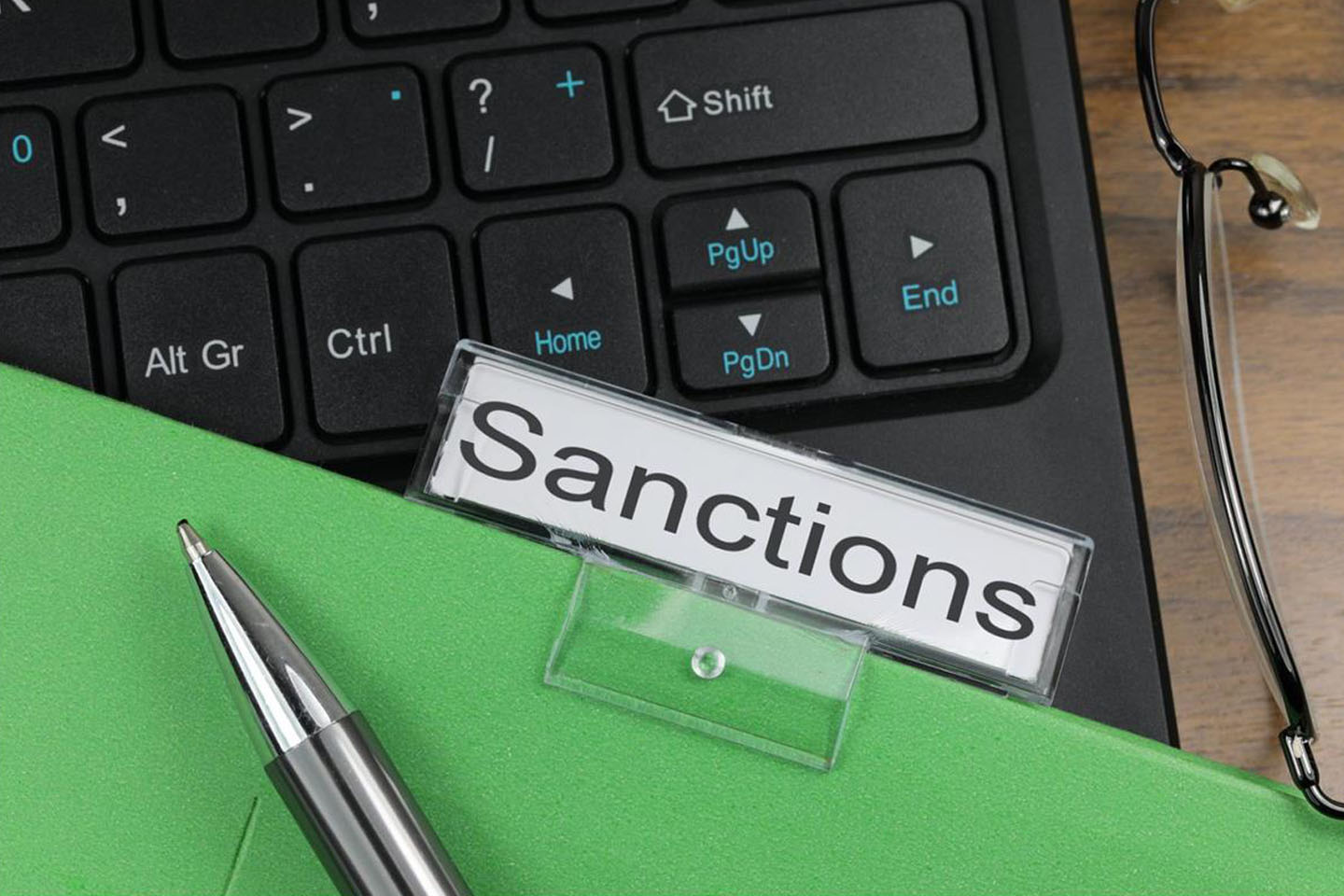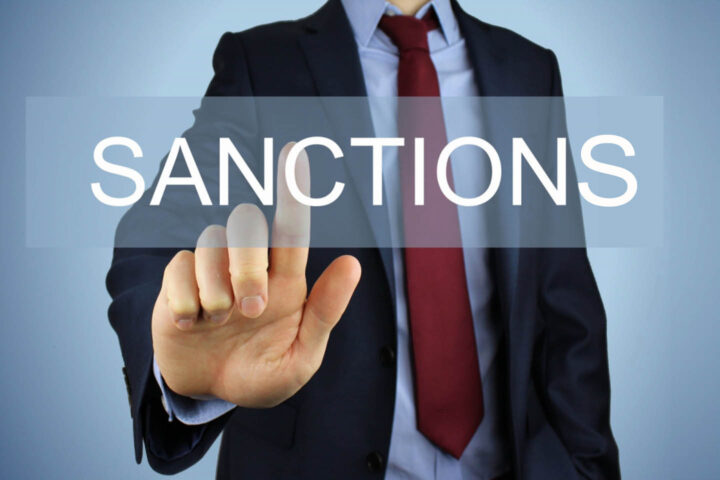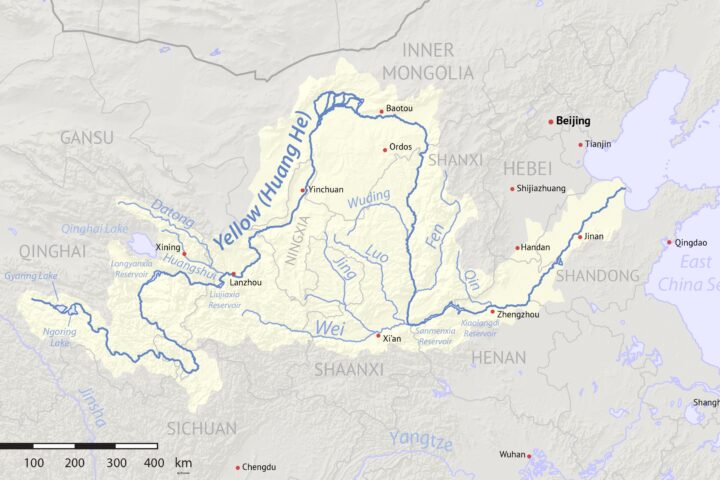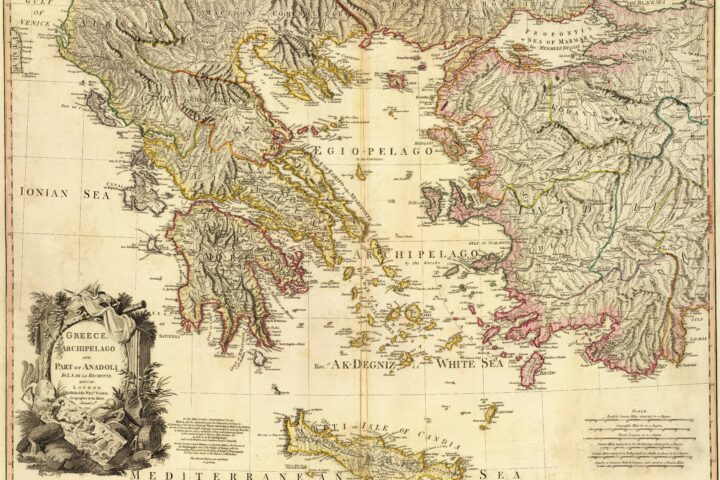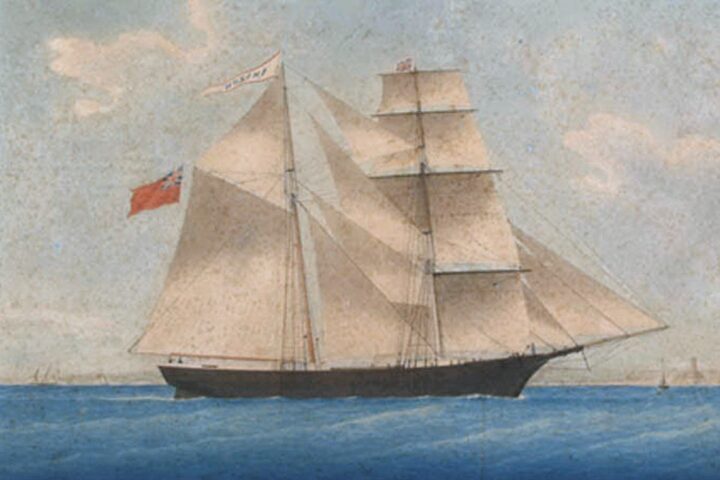Source: picpedia_orgsuspension-filessanctions
Have you ever read about wars and seen examples where one party gives up for the other to win? Did you wonder about such strategies? Or better yet, did you come up with any such trick for fun?
It’s okay if you didn’t. I asked this question because I wanted you to think about such strategies in general. Such methods are used even today if the need arises. One example is that of international sanctions. These might have been powerful in the past when kings used to win over kingdoms by cutting off supplies and effectively stopping life. But are they as good now?
What are Sanctions?
Let’s try to understand the concept of Sanctions by using its definition first. Sanctions can be defined as a tool which is used to coerce the target into displaying a particular response. You can try to make your target act and respond in a particular manner. These are usually large nations which are operating actively both internally and externally.
A sanction set by such countries can look like one country reducing, blocking, banning, or removing the sources of the target country. This seems like a dangerous situation, no?
When are they used?
A lot of times these are imposed on smaller targets after some dispute. In many other cases, it happens because the imposer country wants to assert dominance and reset boundaries for the target nation. Another big reason is ‘deterrence’ showed by the imposer to show that they discourage any future misbehavior on the target’s end. In place of violent alternatives like war and such, nations prefer using sanctions to pacify the situation as it is a comparatively better option between the two. This highlights the fact that these aren’t preludes to war- these are simply attempts at solving the situation without having to resort to such alternatives.
How are they used?
So, how are they used? Well, the nation which is imposing these sanctions can choose to block/restrict the economic, diplomatic, or any other important aspect of the target country. The UN has the authority to impose sanctions and there’s a proper process behind this. Why can the UN use the sanctions as such, you ask? Well, there is an article 41 of Chapter VII which gives the UN the ability to enforce measures not including weapons, such as “complete or partial interruption of economic relations and of rail, sea, air, postal, telegraphic, radio, and other means of communication, and the severance of diplomatic relations.”
The concern is first taken up to the security council where the council or the UN Secretary-General will initially try to use peaceful methods to resolve the problem. They first threaten the culprits with Sanctions. Sanctions are the last resort for situations where the issue doesn’t get resolved even after the threat. If the situation requires sanctions, a committee is set up to decide what sanction measure they should take. They also monitor the sanctions.
A sanction is removed after the conflict decreases and some benchmarks for progress are met.
Impact
Economic sanctions became increasingly popular in the 1990s after the United Nations Security Council invoked them several times in different countries and situations. Previous to this, the council had only resorted to these two times in 1966 and 1977. There was a stark difference between the sanctions in these two periods- the more recent ones had more purposes than the older ones. The new ones were used as means to achieve democracy, punish terrorism and international war criminals, and condemn human rights abuse, while the old ones had particular purposes and weren’t that influential.
But these are positives which overshadow the negatives of the whole situation. Sanctions often gain success at the cost of the livelihoods of civilians from both nations. Former UN Secretary-General Boutros-Ghali sums it up as a ‘blunt instrument’ which causes long-term humanitarian damage for the target nation.
Today we have more concerns about the efficacy and impact of sanctions than the problems they are used to resolve.
- With the same sanction imposed on them, many-a-times, smaller nations suffer because of their inadequate resources while bigger nations are able to make do because of their large-scale imports and exports.
- Many nations don’t want to impose these because of the fear of causing harm to the civilians.
- Some recent real-life examples from Yugoslavia, Haiti and Iraq show us how utterly sanctions can fail. This doesn’t put them in a favourable light either.
So, the impact differs. In South Africa, on one hand, we have a success at hand because the Black majority benefited from increased employment because import had been banned. On the other hand, Haiti didn’t see any change in the military junta which means their efforts were for NIL.
Many experts are of the opinion that this ambiguity regarding the efficacy of sanctions can be fixed if we work on it. But that would require hardcore case studies and research about the living conditions in such areas. Should we have sanctions then? Or should we not? This is a question for you to think about.
Resources
What are Sanctions?
- Hufbauer, G. C., Schott, J. J., Elliott, K. A., & Oegg, B. (2008). Economic sanctions reconsidered. Columbia University Press.
When are they used?
- Hufbauer, G. C., Schott, J. J., Elliott, K. A., & Oegg, B. (2008). Economic sanctions reconsidered. Columbia University Press.
How are they used
- UN sanctions: what they are, how they work, and who uses them. (2016, May 4). UN News. https://news.un.org/en/story/2016/05/528382-un-sanctions-what-they-are-how-they-work-and-who-uses-them
Impact
- Pape, R.A. (1997). Why Economic Sanctions Do Not Work. International Security 22(2), 90-136. https://www.muse.jhu.edu/article/446841.
- Weiss, T. G. (1999). Sanctions as a Foreign Policy Tool: Weighing Humanitarian Impulses. Journal of Peace Research, 36(5), 499–509. http://www.jstor.org/stable/424530

